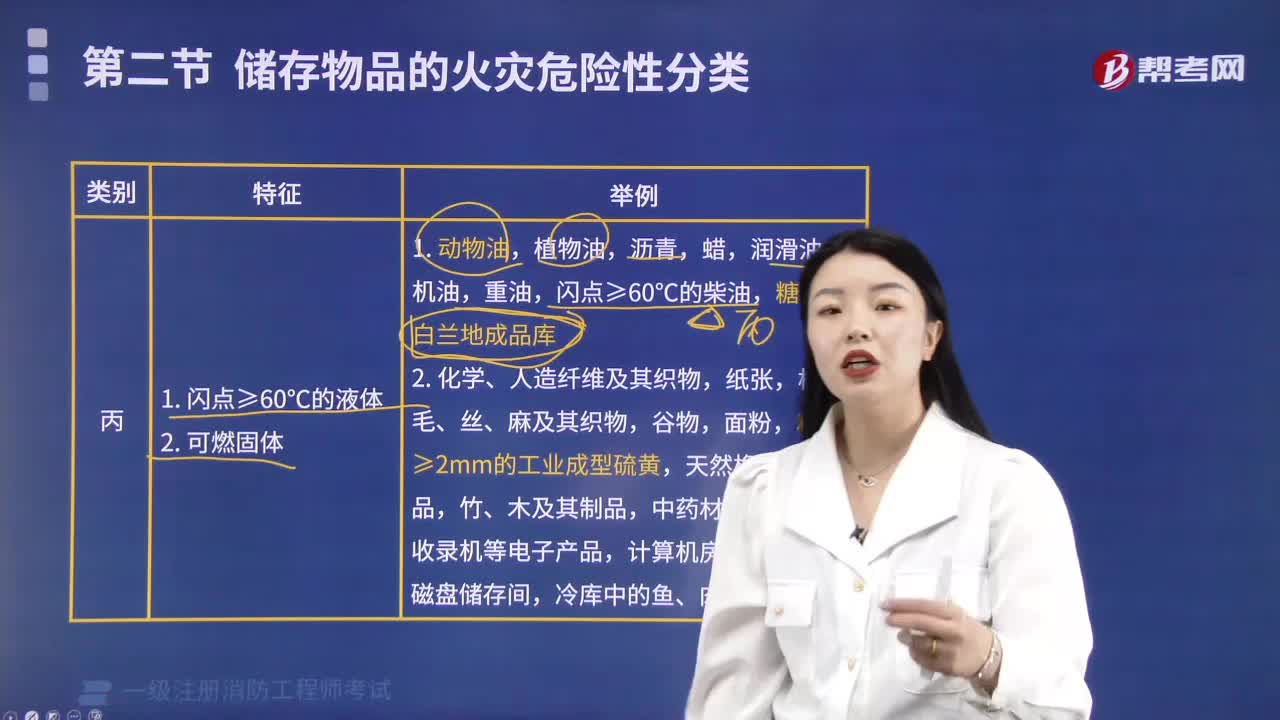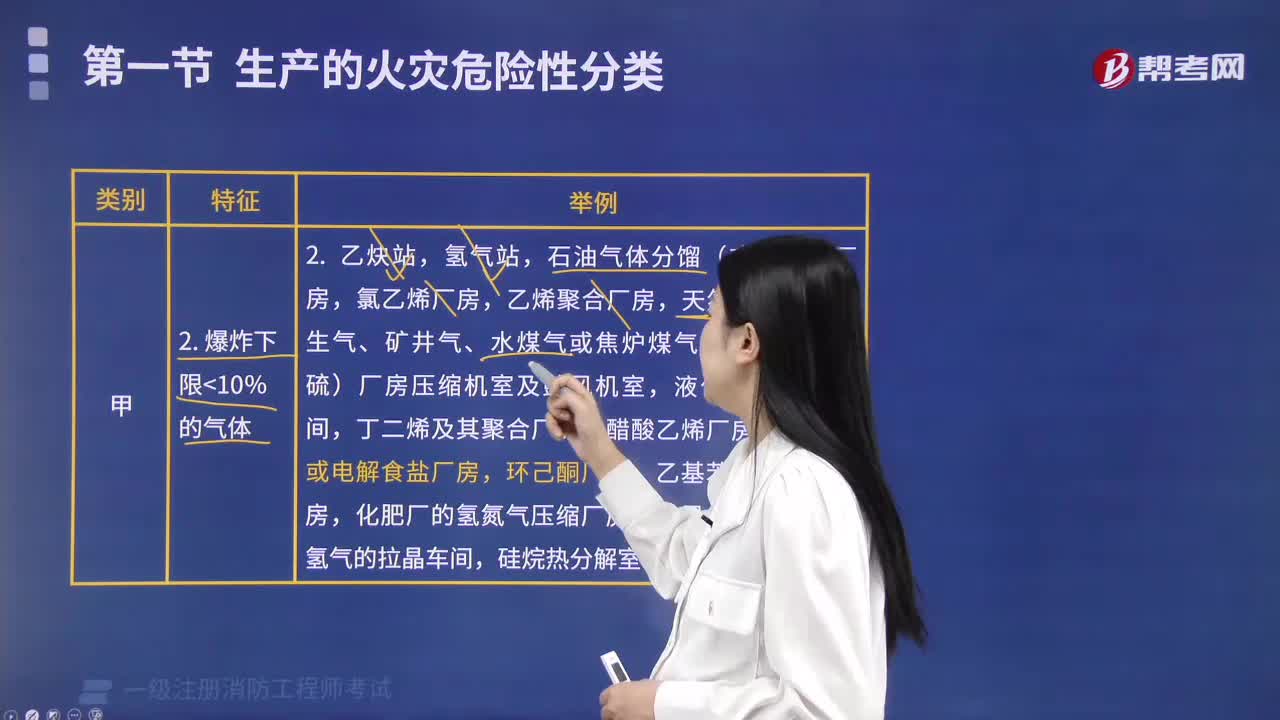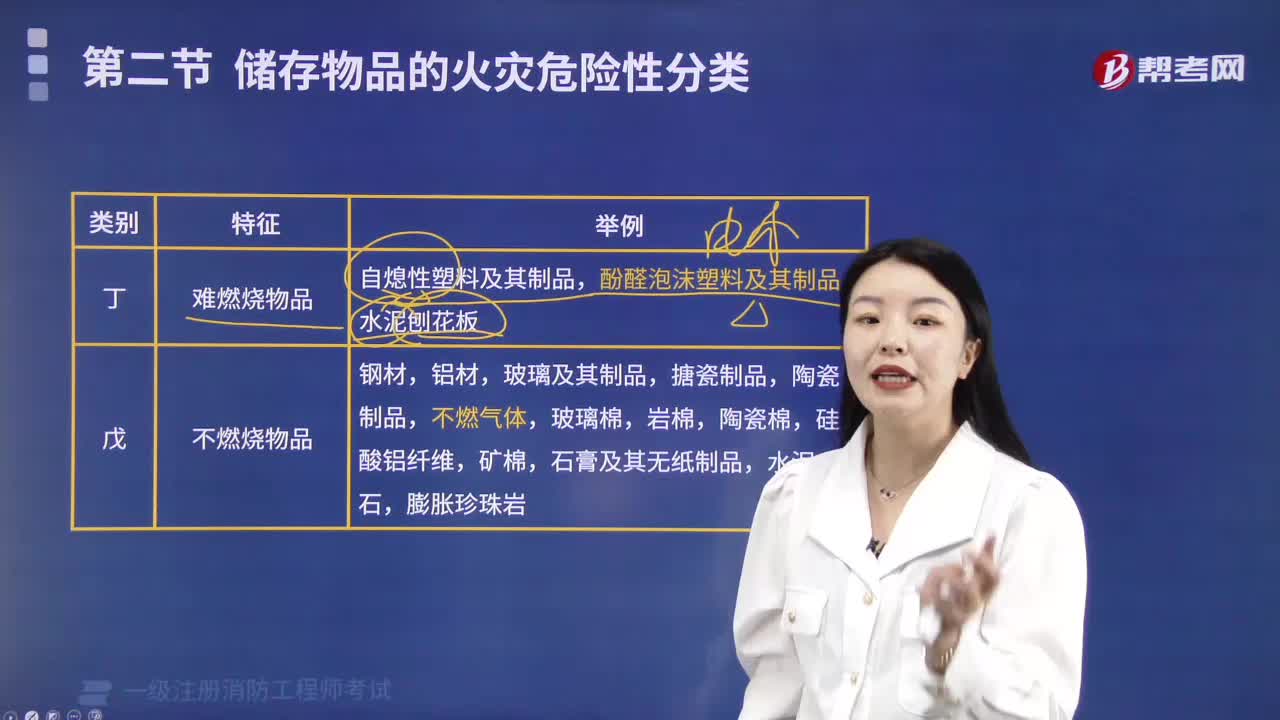


声明:本文内容由互联网用户自发贡献自行上传,本网站不拥有所有权,未作人工编辑处理,也不承担相关法律责任。如果您发现有涉嫌版权的内容,欢迎发送邮件至:service@bkw.cn 进行举报,并提供相关证据,工作人员会在5个工作日内联系你,一经查实,本站将立刻删除涉嫌侵权内容。
 79
79为什么商务英语考试中有的考生不允许入场?:为什么商务英语考试中有的考生不允许入场?考点将拒绝考生入场,并不予改期考试或退还考费:1. 抵达考点与网上报名所选考点不一致;2. 未携带准考证或规定的有效身份证件;3. 所携身份证件的有效性未通过核验;4. 身份证件类型和号码与所持准考证显示信息不符;5. 身份证件相片与本人明显不符;6. 未按准考证规定时间到达考场;7. 不服从监考人员的管理,扰乱考场秩序。
912播放2020-06-08 21
21需要具备怎样的基础才能备考商务英语BEC中级?:商务英语中级需要有大学英语四级到六级的水平。
665播放2020-06-08 30
30学习商务英语BEC初级需要具备怎样的基础?:学习商务英语BEC初级需要具备怎样的基础?根据BEC考试大纲的要求,学习BEC初级需要有公共英语四级的水平。
701播放2020-06-08
内蒙人事网职英语考试报名,“只限区直属单位,呼市直属单位除外”,是指什么?
chanzequn·2018-09-26
2020年安徽一级消防工程师报名时间在什么时候?需要带什么材料?
bengsaifeng·2020-05-30报考中级经济师必须要先考初级吗?
changpanzhang·2020-07-03河北省评中级经济师的条件?
bingpanyou·2020-06-29中级经济师报名退出当前考试是什么意思
chaimeqing·2020-06-28职称英语考试有几个类别?
chaileidou·2020-05-29为什么参加职称英语考试?
aininman·2020-05-29职称英语考试有哪些题型,成绩有效期是多久?
caikouwa·2020-05-28职称英语考试的免考规定包括哪些人员?
bengfeimin·2020-05-28职称英语考试地点省直什么意思?
aochuansuan·2020-05-27评职称和职称英语考试级别之间有何关系?
benkoumiao·2020-05-27
2022年职称英语考试《理工类》每日一练0124
帮考网校·2022-01-242022年职称英语考试《理工类》章节练习题精选0124
帮考网校·2022-01-242022年职称英语考试《卫生类》每日一练0124
帮考网校·2022-01-242022年职称英语考试《理工类》模拟试题0124
帮考网校·2022-01-242022年职称英语考试《卫生类》章节练习题精选0124
帮考网校·2022-01-242022年职称英语考试《卫生类》模拟试题0124
帮考网校·2022-01-242022年职称英语考试《综合类》模拟试题0125
帮考网校·2022-01-252022年职称英语考试《综合类》每日一练0125
帮考网校·2022-01-252022年职称英语考试《卫生类》章节练习题精选0125
帮考网校·2022-01-252022年职称英语考试《卫生类》每日一练0125
帮考网校·2022-01-25
职称英语考试考试等级
bingqiangnou·2020-05-12职称英语考试时间
cechangdan·2020-05-12零基础如何学职业英语
caihalu·2020-05-12职称英语考试的学习技巧
bendiaohuo·2020-05-12什么是职称英语考试
changsaodiu·2020-05-12职称英语具体考什么?考试地点,难考吗?
buqiangru·2020-05-12职称英语考试免考条件有哪些?
caonouguai·2020-05-12职称英语考试有什么要求?
aolianwa·2020-05-12职称英语考试A,B,C三个等级怎么划分?
azexiao·2020-05-12评职称前就把该考的英语计算机考好可以吗?
biaopiaodiu·2020-05-12
 02:32丙类的特征有什么?
02:32丙类的特征有什么?2023-06-07
 03:51爆炸下限小于百分之十的气体有哪些?
03:51爆炸下限小于百分之十的气体有哪些?2023-06-07
 03:11丙的特征有哪些?
03:11丙的特征有哪些?2023-06-07
 01:10丁类和戊类的特征分别是什么?
01:10丁类和戊类的特征分别是什么?2023-06-07
 02:43储存物品的火灾危险性分类方法有什么?
02:43储存物品的火灾危险性分类方法有什么?2023-06-07

微信扫码关注公众号
获取更多考试热门资料














